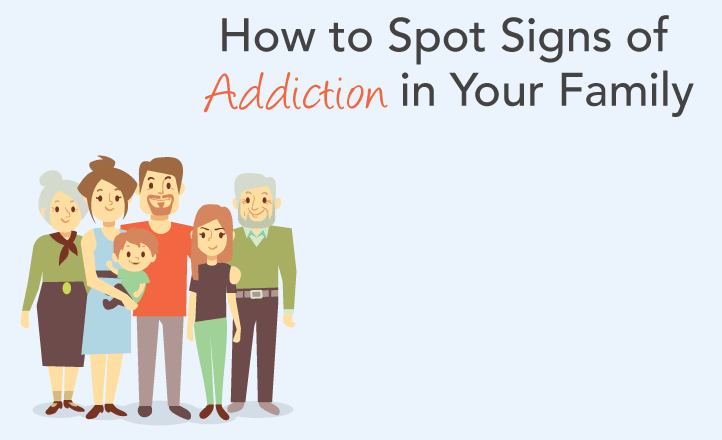Addiction Telemedicine Barriers
Telemedicine has expanded access to opioid use disorder (OUD) treatment, but barriers remain, including technology gaps, regulatory hurdles, and stigma. Pharmacies pose challenges, including reluctance to dispense medications, limited stocking of buprenorphine, and insurance restrictions. Solutions like pharmacist training, stronger provider–pharmacy collaboration, and patient support networks can ease these barriers. Government efforts—through regulatory reforms, funding, … Read more









